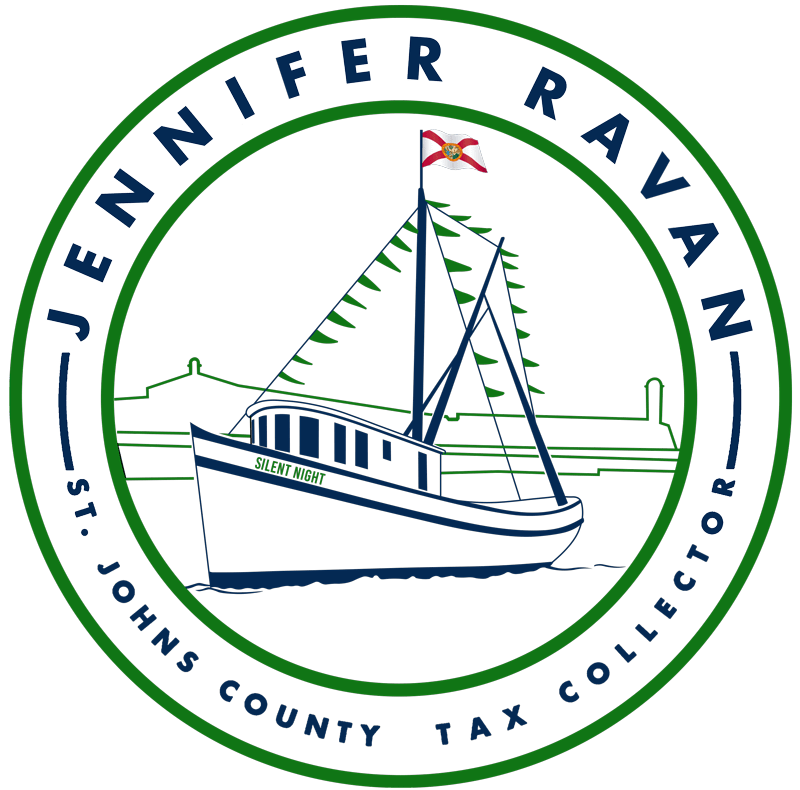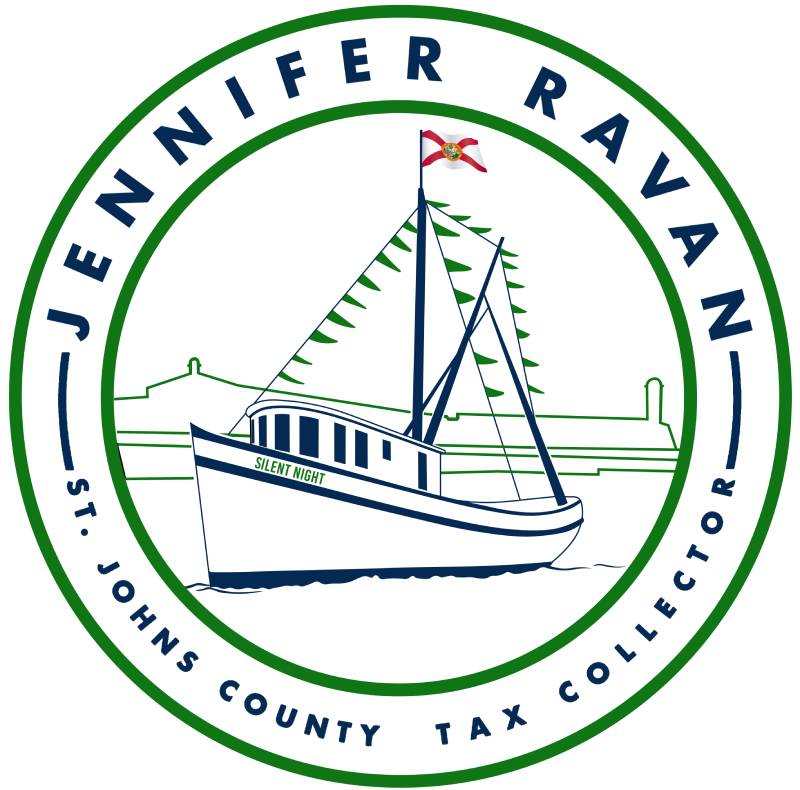Florida Statutes
In compliance with Florida Statutes, all tangible personal property located in this county and used in the operation of a business or other income producing venture as of January 1st of each year must be reported at 100% of the unadjusted original cost. Property is to be reported to the Property Appraiser’s Office annually on form DR405. Unlike most real property documents which are considered to be public record, all personal property returns and documentation required by 193.052 and submitted by the taxpayers pursuant to law are deemed confidential in the hands of the Property Appraiser(FS 193.074).
What is Tangible Personal Property (TPP)?
Tangible Personal Property is everything that is not real estate (land, buildings and improvements). It includes furniture, fixtures, tools, computer equipment, machinery, office equipment, supplies, leasehold improvements, leased equipment, signage, and any other equipment used in a business. Furniture and fixtures used in a rental unit (condo, apt, house) are taxable.
- Businesses: Any business owner or self-employed contractor owning tangible personal property on January 1st must file a return each year as required by Florida Statutes 193.052 and 193.062. Property owners that loan, lease or rent tangible property to others must also report such property.
- Rental Unit Owners: Furniture and fixtures in rental condominiums and apartments must be reported.
Florida Statutes require that all TPP be reported to the Property Appraiser’s Office annually. It is the duty of the Property Appraiser to assess all tangible personal property in St. Johns County. The TPP return is available on the Property Appraiser’s website and can be found here, https://www.sjcpa.gov/tangible-personal-property/
In 2008 voters enacted Amendment 1 which created a $25,000 Tangible Personal Property Exemption. In order to receive the exemption, you must file a tangible Personal Property Tax Return. The return serves as your application for the exemption.
Please visit the Property Appraiser’s website, https://www.sjcpa.gov/tangible-personal-property/ to file an exemption online. You can also find the DR-405 Tangible Personal Property Tax Return from the Department of Revenue's site here, https://floridarevenue.com/property/Documents/dr405.pdf
All property in your possession on January 1st must be reported even if fully depreciated on the books for accounting purposes. As prescribed by state law governing the ad valorem appraisal process, tangible personal property is allowed depreciation over time but as long as it is being used in an income-producing venture, it never depreciates to a zero value. Additionally, property that has been expensed under IRS Section 179 must be reported.
Yes. All supplies used in the business, but not for sale to the public, should be reported. Examples are office supplies, tools and dyes, restaurant supplies, brochures and other consumables.
Yes. There is a section on page two of the return form specifically for such items. These assets are normally assessed to their owner, unless capitalized by the lessee, however, you should list the name, address and other required information of the person or firm from whom you lease the equipment.
Yes. You should report household furnishings such as furniture, window treatments, fans, art work, bedding, and appliances (excluding refrigerator, dishwasher, water heater and range/oven).
The Property Appraiser’s Office is required to place an assessed value on all tangible personal property regardless of whether or not a tax return is filed (F.S. 193.073). In the absence of owner input, they will be forced to estimate a value based on the best available information. Additionally, per statute, a penalty of up to 25% will be applied for failure to file and you waive your right to a Value Adjustment Board appeal (see below).
All return forms should be filed with the Property Appraiser’s Office. If you were not in business on January 1st of the tax year, please indicate on the form the date you went out of business, the manner in which the assets were disposed of, sign and date the return form, and send it to their office. If the business was sold, provide the name of the new owner, date sold, and how the assets were disposed of.
No. Property is assessed to the owner as of January 1st of each year.
Pursuant to F.S. 194.011, you are encouraged to call or visit the Property Appraiser’s office to discuss your assessment, providing any information you have to support your position BY THE DEADLINE PERIOD STATED ON THE TRIM NOTICE. If you and the Property Appraiser continue to disagree with the assessed value after discussion, you may file a petition BY THE DEADLINE PERIOD STATED ON THE TRIM NOTICEto be heard by the Value Adjustment Board. If you do not file a petition by the deadline, you waive your right to such an appeal. Additionally, in order for the Value Adjustment Board to consider your appeal, you must have filed a return (F.S. 194.034).
Yes. Florida Statute 193.063 provides that an extension of up to 30 days may be granted by the Property Appraiser. The extension request must be made in writing prior to the normal filing deadline. The name and tax parcel number must be stated in the request. At the discretion of the Property Appraiser, an additional 15-day extension beyond that 30 days may be granted upon written request explaining why the additional time is needed.
- Please provide the physical address where the property is located, and indicate if address has changed.
- Attach a list of assets or your depreciation schedule.
- Indicate any assets physically removed or added prior to January 1st.
- Please sign and date form, and provide a telephone number.
- Economic lives differ for various assets, so the more detail provided with the return, the more accurate they can be in the application of depreciation factors.
More Information
For more information, please contact the Personal Property Department at the Property Appraiser's Main Location or visit their website, https://www.sjcpa.gov/tangible-personal-property/.

